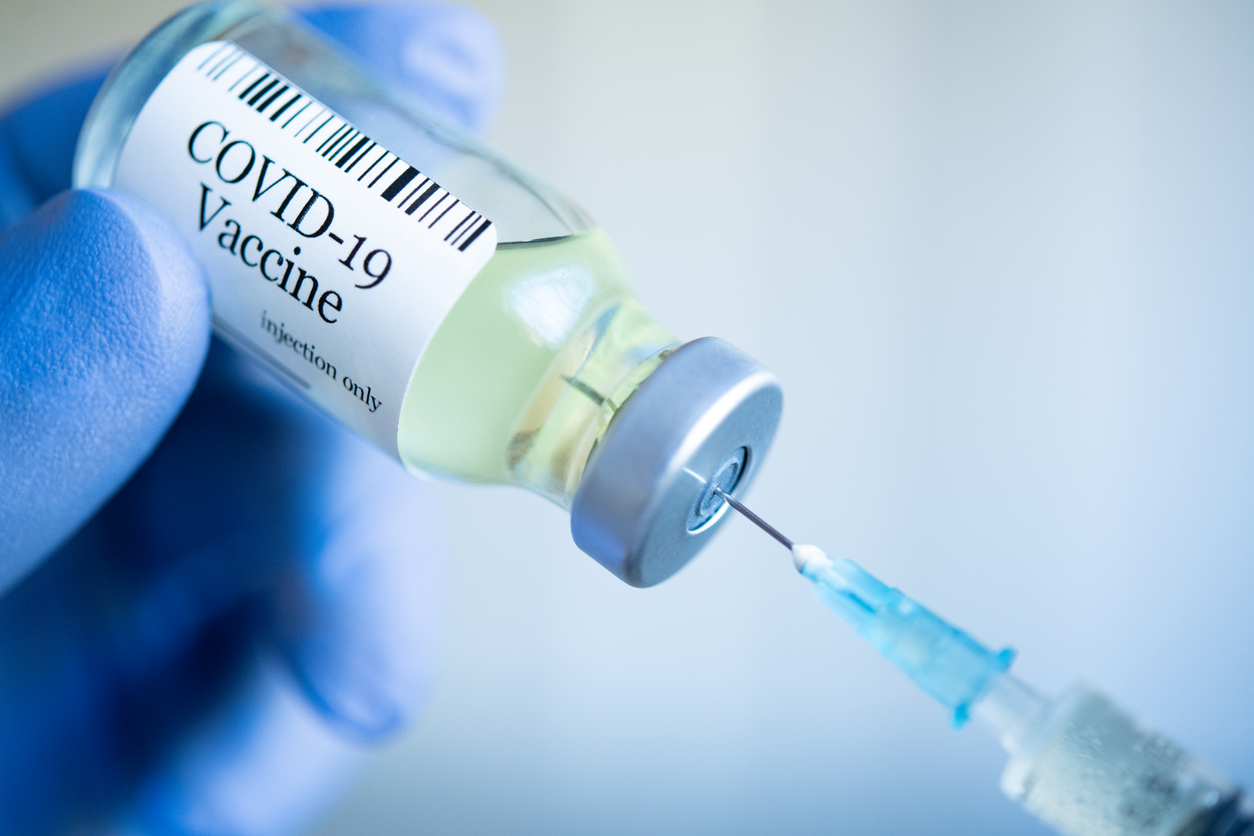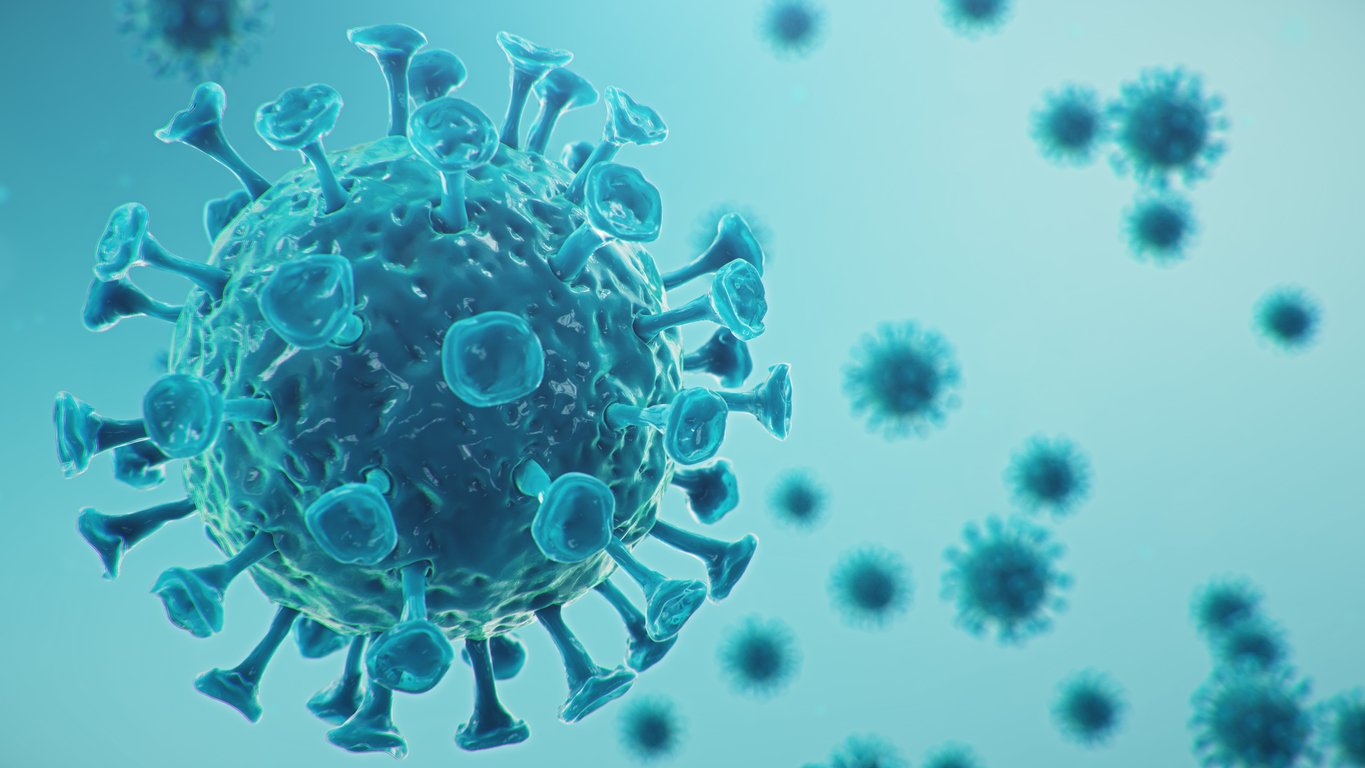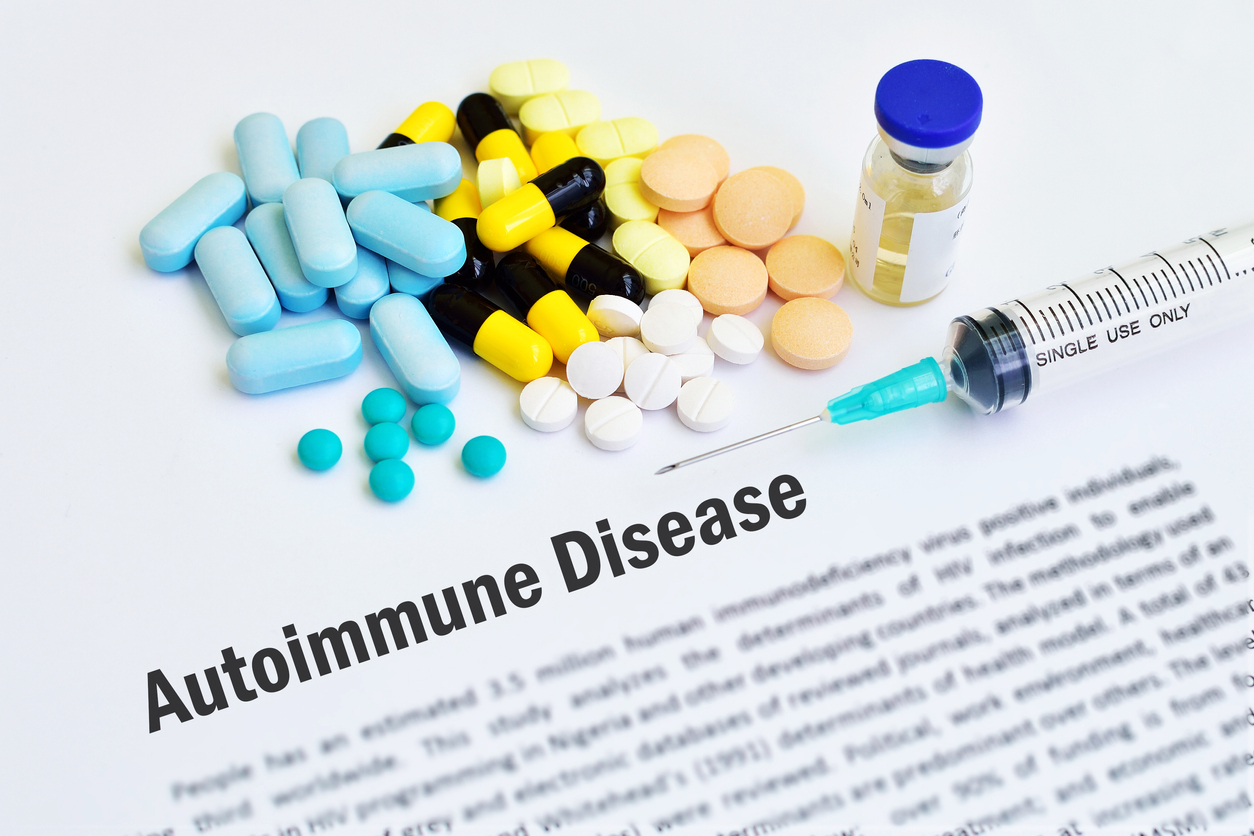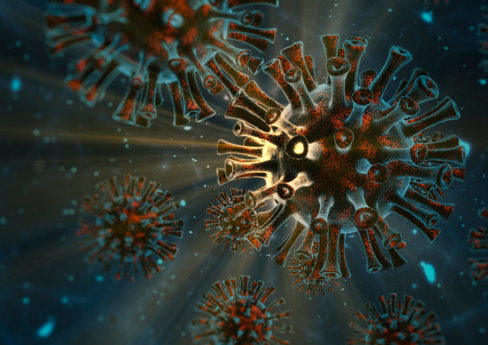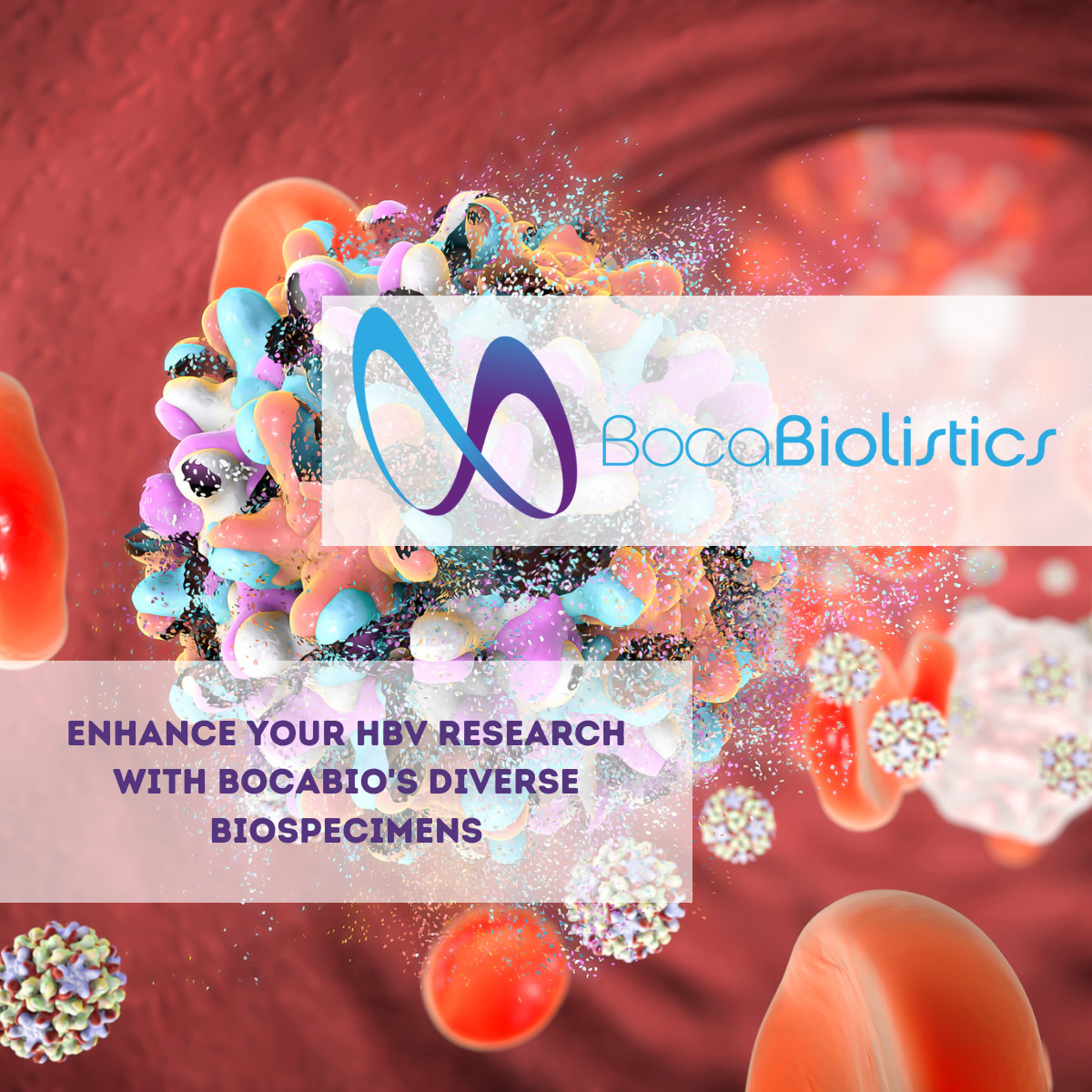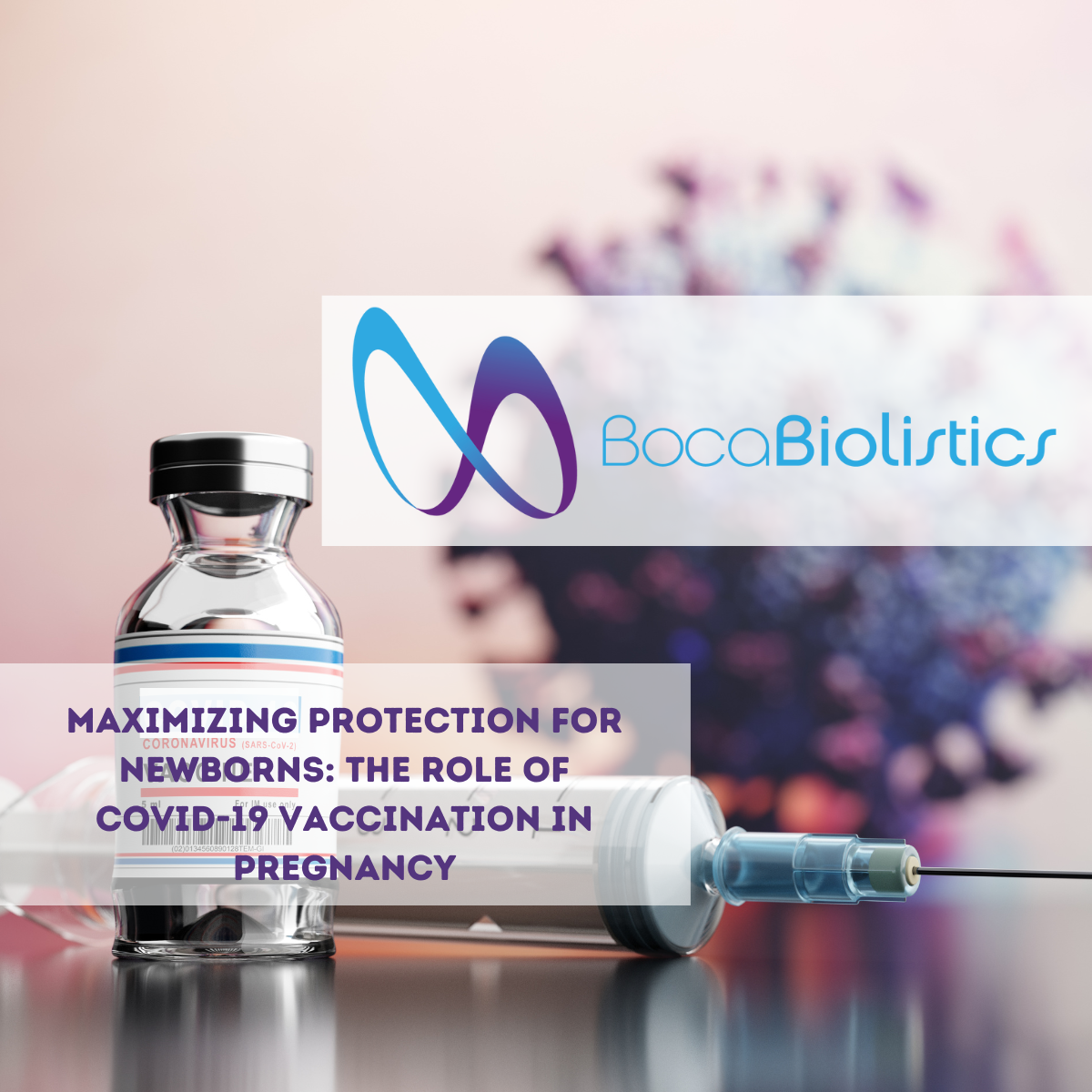With record speed, we are closing in on having not one, but two approved COVID-19 vaccines. For many people, this may bring hope, whilst others have legitimate concerns about the speed of development and the new technology being used to create these vaccines.
It's important to understand where we are, both in terms of vaccine development, effectiveness and efficacy, and the general public's willingness to accept the vaccine as it rolls out.
WHEN WILL THE VACCINE BE APPROVED?
The vaccine has already been approved in the UK, and the US will likely follow suit soon, although there are some differences of opinion as to when. An advisory committee will meet on December 10 to decide whether to recommend an EUA for the Pfizer/BioNTech vaccine. The Moderna one is scheduled for the following week. Once they have met, authorization is most likely going to take a few days, although it could be faster or slower.
Preparations are already under way to ship the vaccine to health care providers and it's likely that the first shots will be administered by the end of December.
WILL PEOPLE GET THE VACCINE?
One major concern is not getting enough people to take the vaccine to end the pandemic. It's not legal to make a vaccine authorized under an EUA mandatory, although some employers may try anyway. 70% of the population of the U.S. are generally pro vaccine, but some may have concerns about new technology and not be in a hurry to go to the head of the queue.
Misinformation on social media is rampant, including conspiracy theories about microchips hidden in vaccinations and misunderstandings about how mRNA vaccines work leading to a fear of them "rewriting your DNA."
mRNA vaccines work by introducing messenger RNA which then tricks your immune system into producing the spike protein, to which it will then react. It's essentially like showing your immune system a photo of the intruder so that it knows to kick them out before they start a fight.
HOW EFFECTIVE ARE THESE COVID-19 VACCINES?
First of all, it's important to separate out efficacy and effectiveness. Efficacy is how things work in controlled trials. Effectiveness is how they work in the real world. Second, we measure efficacy by the difference in infections between the control group and the vaccinated group. It doesn't necessarily map to individual risk.
So we don't have final effectiveness figures and won't until we have a lot of people vaccinated for a while. Both the Moderna and Pfizer COVID-19 vaccines are showing very positive numbers, specifically 94.1% and 95% for Moderna and Pfizer respectively. Astra-Zeneca's vaccine, meanwhile, shows an average efficacy of 70%, but with the complication that some of the participants inadvertently received a dosing regimen in which the first shot was half of the dose. This regimen appears to be much more efficacious, perhaps because it works with the person's immune system in a more organic way. There have been some concerns with dual dose viral vector vaccines that this might overcome.
Both the Moderna and Pfizer vaccines are mRNA vaccines, while Astra-Zeneca uses an older technology, employing a chimpanzee adenovirus as a vector.
Effectiveness is likely to be somewhat lower, but the high efficacy of these COVID-19 vaccines gives hope for a rapid end to the pandemic once enough doses can be manufactured.
WHO WILL GET THE VACCINE FIRST?
Getting enough vaccine to immunize over 300 million Americans is going to be a challenge. Risks were taken with starting production prior to approval, but even at the best case scenario, with both COVID-19 vaccines approved, we're only looking at being able to vaccinate about 20 million people by the end of 2020.
This means hard decisions are having to be made. One logical choice is to vaccinate seniors first, but most get their health care through PCPs, who don't have the ultra-cold freezers needed to store the mRNA vaccines. Because of this, systems will have to be put into place to set up clinics for elderly people.
The CDC will have the last word on who gets it first, with some likely variation by state. The current CDC recommendations prioritize two groups of people for phase 1a vaccinations: Healthcare personnel and residents of long-term care facilities. By vaccinating healthcare workers we help protect healthcare services and reduce spread. Meanwhile, many outbreaks of COVID-19 have been in nursing homes and other facilities, with some having had more than one outbreak since the pandemic started.
After those groups, priorities include workers in essential and critical industries, people with underlying medical conditions and people 65 years and older, with the challenge already mentioned. Children will be towards the end of the queue as pediatric trials of the COVID-19 vaccines are only just beginning. However, vaccinating teachers will help solve some of the issues with reopening schools.
What this means is that your ability to get a vaccine will depend on your age, health, and job. Younger adults who can work from home can expect to wait.

WHEN WILL THERE BE ENOUGH VACCINE?
There's no solid answer to the question of when there will be enough vaccine to go around. Expert guesses range from April to July 2021 before there will be enough for every American who wants a COVID-19 shot to get one. One complexity is that these are two-dose vaccines, doubling the number of doses needed.
When there will be enough vaccine depends in part on manufacturing challenges, which can be hard to predict, with the added challenge of these being two-dose vaccines. Most people will not be able to choose which vaccine they get, which is likely to depend on your age, health, and where you live. For example, the Pfizer vaccine is particularly hard to store, so it is possible that it will be reserved for large cities where the storage needs are less of a challenge.
These COVID-19 vaccines give hope for a return to normal life, perhaps some time in the third quarter of 2021. However, the pandemic is not over yet and we will still have to be patient while manufacturing is ramped up and supply issues are resolved.
Boca Biolistics is proud to be supporting research into COVID-19 vaccines. Contact us and let’s discuss how our specimens and research services can support your research.


